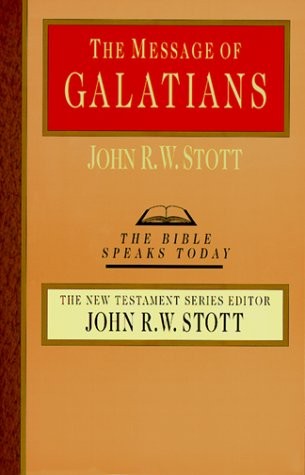There is a righteousness which Paul calls "the righteousness of faith." God imputes it to us apart from our works — in other words, it is passive righteousness… So then, have we nothing to do to obtain this righteousness? No, nothing at all! For this righteousness comes by doing nothing, hearing nothing, knowing nothing, but rather in knowing and believing this only — that Christ has gone to the right hand of the Father, not to become our judge, but to become for us our wisdom, our righteousness, our holiness, our salvation! Now God sees no sin in us, for in this heavenly righteousness sin has no place. So now we may certainly think, "Although I still sin, I don't despair, because Christ lives, who is both my righteousness and my eternal life." In that righteousness I have no sin, no fear, no guilty conscience, no fear of death. I am indeed a sinner in this life of mine and in my own righteousness, but I have another life, another righteousness above this life, which is in Christ, the Son of God.
Christians never completely understand [this] themselves, and thus do not take advantage of it when they are troubled and tempted. So we have to constantly teach it, repeat it, and work it out in practice. Anyone who does not understand this righteousness or cherish it in the heart and conscience will continually be buffeted by fears and depression. Nothing gives peace like this passive righteousness. The troubled conscience has no cure for its desperation and feeling of unworthiness unless it takes hold of the forgiveness of sins by grace, offered free of charge in Jesus Christ, which is this passive or Christian righteousness… Once you are in Christ, the Law is the greatest guide for your life, but until you have Christian righteousness, all the law can do is to show you how sinful and condemned you are. But if we first receive Christian righteousness, then we can use the law, not for our salvation, but for his honor and glory, and to lovingly show our gratitude.
– Martin Luther








